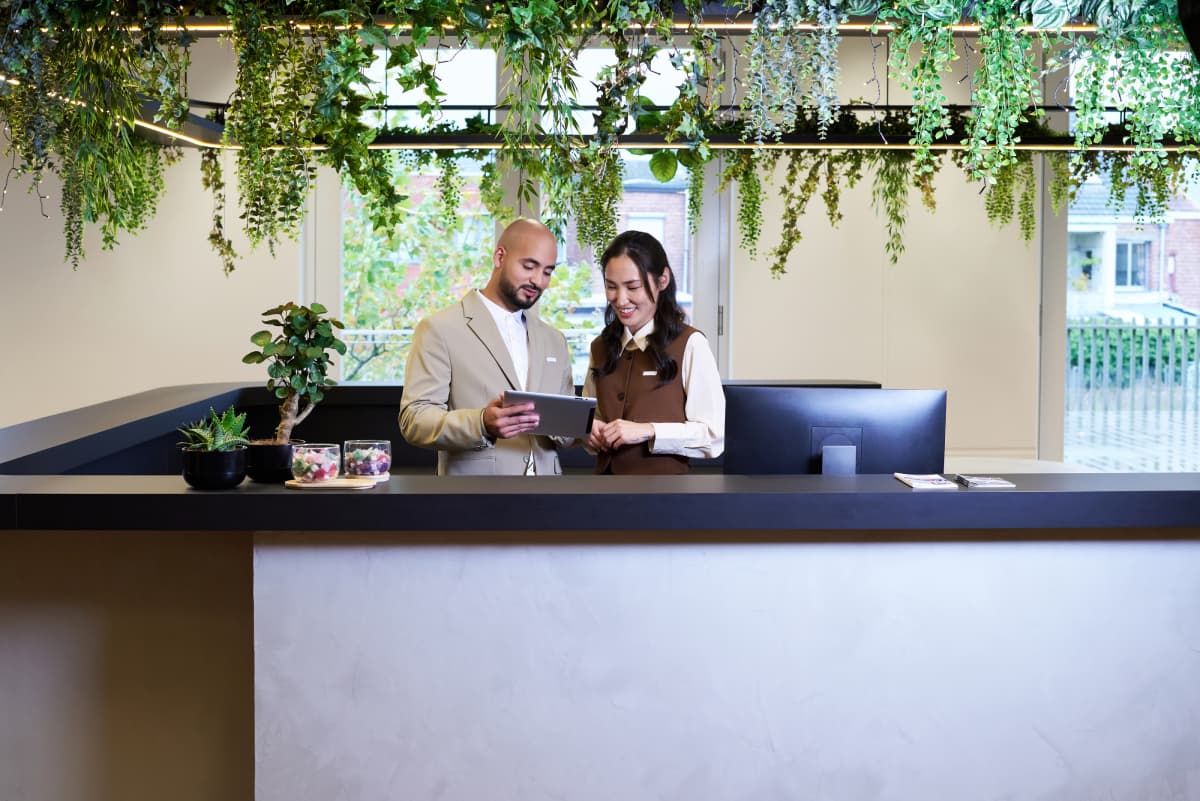
3 measures to support your home workforce
With office and business closures due to COVID-10, the number of home workers has surged. Every business wants to protect the health and wellbeing of their employees and in most cases, working from home is a much safer alternative to working in an office during the Coronavirus pandemic.
But working from home creates its own set of challenges. Your employees might be worried about an increase to their bills, or they could be struggling with childcare. As there’s a lot of uncertainty about how long this will last for, we want to provide you with as many resources as we can to support you and your employees.
The following measures were put in place to support home workers. We hope they bring your employees peace of mind:
Every little helps
Employers can contribute towards the additional expenses incurred as a result from working at home, such as electricity, broadband and heating costs. Although this isn’t a new measure created to combat COVID-19, it could prove useful during this period when many people are working from their homes.
The allowable amount, which is tax and national insurance free, with no requirement for expense recording, is being raised from the current flat rate £4 per week (£18 per month) to a new £6 per week (£26 per month) from 6th April 2020.
Alternatively, the amount can also be declared on the employee’s annual self-assessment tax return to claim a refund. You can find more information about this here.
Payroll Professionals are key workers
Schools, and all childcare providers, are being asked to continue to provide care for children who are vulnerable, and children whose parents are critical to the COVID-19 response and can’t be safely cared for at home. The Department for Education has confirmed that payroll professionals are classified as critical workers within financial services. This means the children payroll workers can still attend school if there is a concern that the parents won’t be able to carry out their roles with the children at home.
It’s important to remember that the government has asked parents to keep their children at home if possible, and asked schools to remain open only for those children who absolutely need to attend. All childcare settings, colleges and other educational institutions are safe places for children, but the fewer children making the journey to school, and the fewer children in educational settings, the lower the risk that Coronavirus can spread and infect others.
Free school meals
While schools across the UK remain closed until further notice, the families of children eligible for free school meals will be offered meals or vouchers if they can’t attend school because of the coronavirus measures.
The government published guidance for schools giving them the flexibility to provide meals or shop vouchers to the 1.3 million disadvantaged children entitled to free school meals. The vouchers can be sent directly to families who are either self-isolating at home, or whose schools are closed on government advice. The total value of vouchers offered to each eligible child per week will exceed the rate it pays to schools for free school meals, recognising that families will not be buying food in bulk and may therefore incur higher costs.
Effective immediately, schools will be able to order vouchers directly from supermarkets or shops in their communities to be emailed or printed and posted to families, and they will have their costs covered by the Department for Education.


